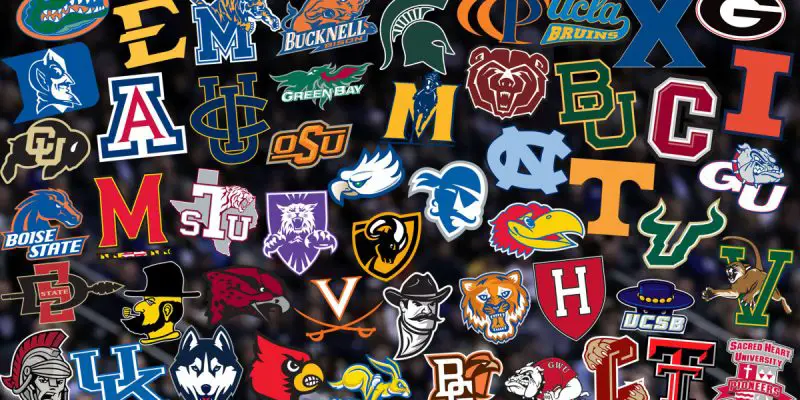One-score games have a special way of putting a team’s resiliency, strategy, and composure under duress to the test in college football. Numerous NCAA teams have taken on this task over the last few years, but some have managed to stand out owing to their notably wide win-loss margins in these tight contests.
Teams like UNLV, Cal, Iowa State, and Arkansas are at the top of the list, each with a seven-game gap between wins and losses in games decided by one point since 2018. Despite winning five of the twelve games in question, UNLV has had trouble regularly closing the margin. Similar circumstances for Cal and Iowa State highlight the need to fine-tune their game plans at those critical times on the field. With a ten-game deficit, Arkansas is unable to turn their efforts into victory in tense situations.
The remarkable seventeen-game discrepancy between Nebraska’s victories and losses in one-score games makes them the standout statistic in this research. With only seven victories out of twenty-four such matches, Nebraska is up against a battle that goes beyond pure luck. The statistics highlight the necessity for a complete strategy that takes into account not just talent and skill but also mental toughness and adaptability.
These discrepancies between victories and losses in games decided by a single point shed insight into how fluid college football is. They emphasise the thin line between success and failure as well as the value of planning, making decisions, and working as a team. The statistics operate as a wake-up call for teams like Nebraska, prompting them to analyse their strategy for these pivotal games and come up with solutions to close the deficit. The ability to perform well in one-score games continues to be a crucial component in assessing a team’s success as the college football environment changes.









